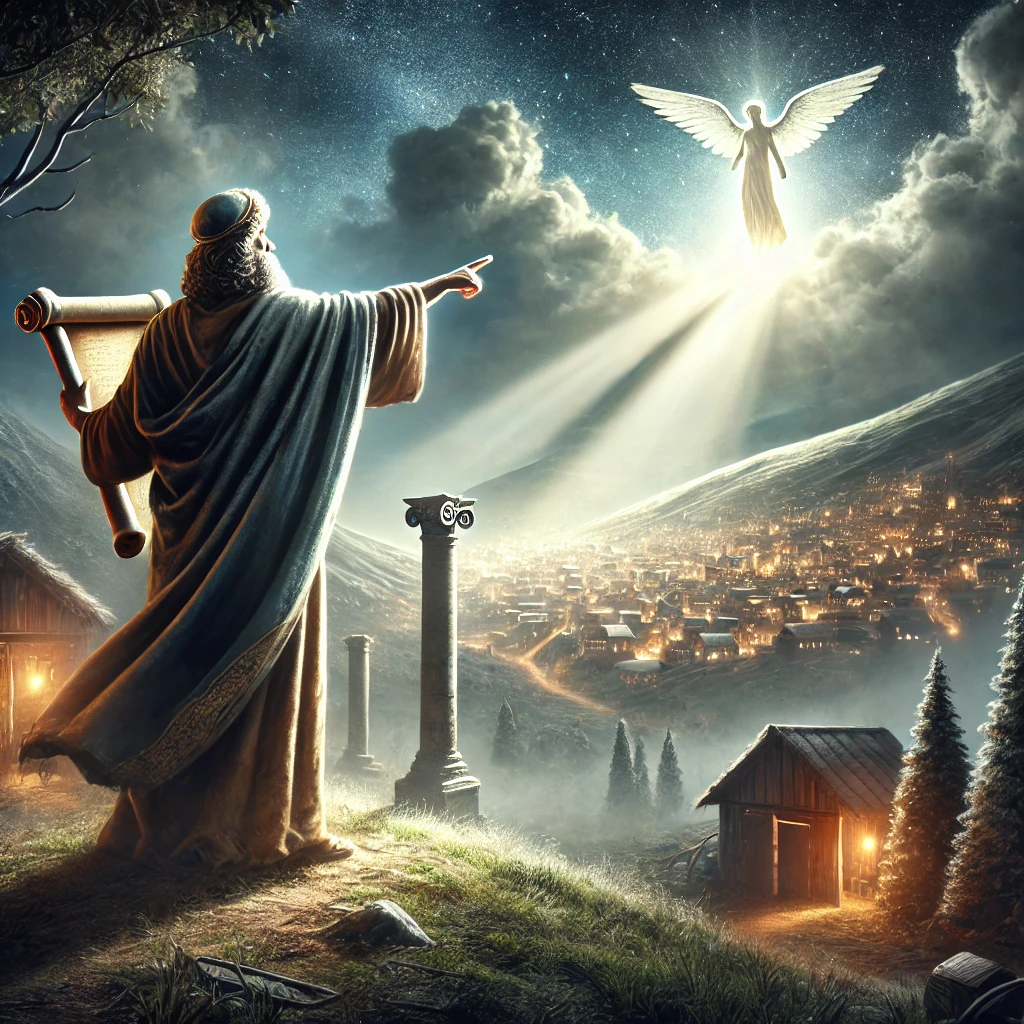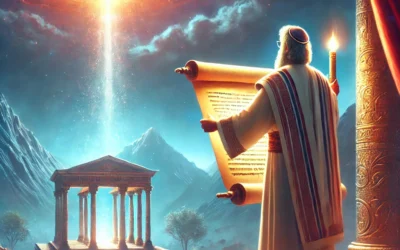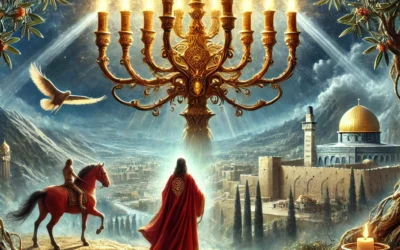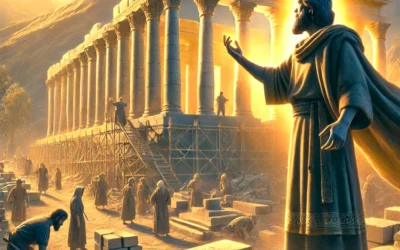The Book of Micah is the thirty-third book of the Bible and one of the Minor Prophets.
Written by the prophet Micah of Moresheth, this book delivers a message of judgment for sin, especially among leaders, as well as hope and restoration.
Micah prophesied during the same time as Isaiah, speaking to both Judah and Israel.
Micah’s bold call to “act justly, love mercy, and walk humbly with your God” (Micah 6:8) still challenges and inspires us today.
Judgment Against Injustice and Idolatry (Micah 1–3)
Micah begins by declaring God’s coming judgment due to idolatry, corruption, and exploitation, particularly among leaders and prophets.
Key Highlights:
- “The Lord is coming down from His dwelling place…” (Micah 1:3)
- The people have turned to idols, and leaders oppress the poor.
- False prophets give favourable messages for money, while true justice is ignored.
Lesson: God sees injustice and holds both spiritual and political leaders accountable.
A Future of Peace and a Coming King (Micah 4–5)
In the midst of judgment, Micah shares beautiful messianic prophecies, promising a future King from Bethlehem who will bring peace and security.
Key Highlights:
- “In the last days, the mountain of the Lord’s temple will be established…” (Micah 4:1)
- “But you, Bethlehem Ephrathah… out of you will come one who will be ruler over Israel.” (Micah 5:2) – A prophecy fulfilled in Jesus.
- The promised ruler will shepherd His people and bring peace.
Lesson: God’s plan includes both justice and redemption, and He keeps His promises through the Messiah.
What Does God Require? (Micah 6)
Micah delivers one of the most famous and powerful verses in the Bible about what truly pleases God—not rituals, but a life of justice, mercy, and humility.
Key Highlights:
- God brings a case against His people: “My people, what have I done to you?” (Micah 6:3)
- God doesn’t want empty sacrifices—He wants hearts that reflect His character.
- “He has shown you, O mortal, what is good…” (Micah 6:8)
Lesson: True faith is not just about religious acts—it’s about how we live, love, and treat others.
Hope Beyond Failure (Micah 7)
Micah ends the book with a personal prayer and a hopeful promise: even though judgment is coming, God delights in showing mercy.
Key Highlights:
- “Though I have fallen, I will rise. Though I sit in darkness, the Lord will be my light.” (Micah 7:8)
- God will forgive sin, cast our sins into the depths of the sea, and remain faithful to His covenant.
Lesson: No failure is final with God—He restores and forgives those who turn to Him.
Themes of Micah
- Justice and Mercy: God requires right living, not empty religion.
- Corrupt Leadership: God holds leaders and prophets accountable for leading people astray.
- Messianic Hope: The promised Savior will come from humble Bethlehem.
- Divine Forgiveness: God’s mercy runs deeper than our sin.
Final Thoughts
The Book of Micah boldly confronts sin while pointing to God’s faithful love and future hope through the Messiah.
It reminds us that true devotion to God is seen in how we live justly, love others, and walk humbly with Him each day.





